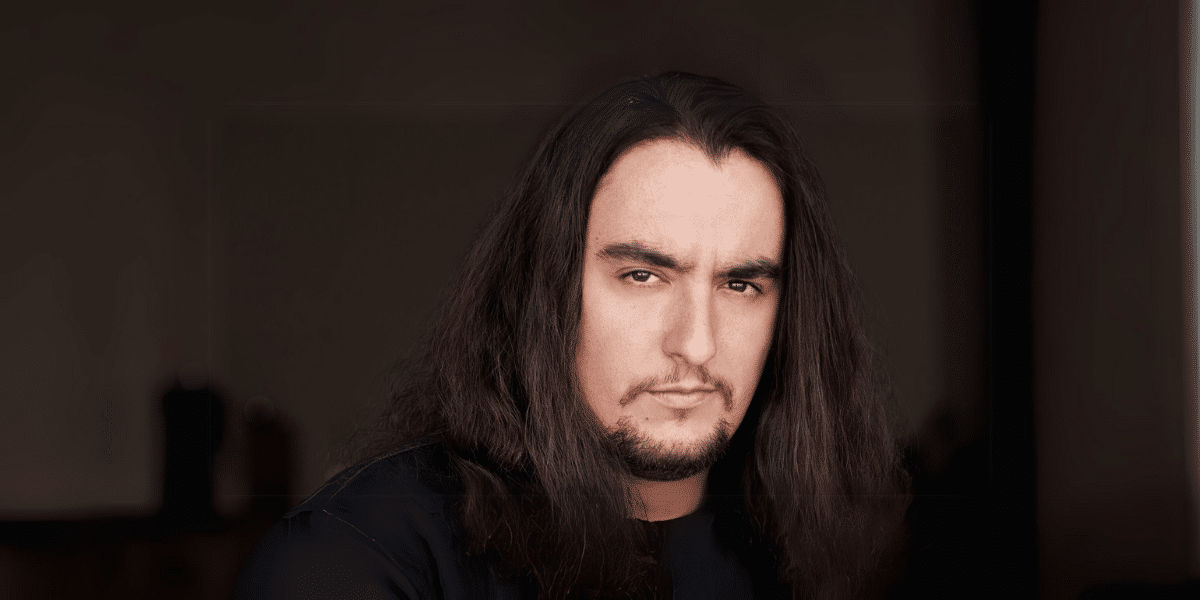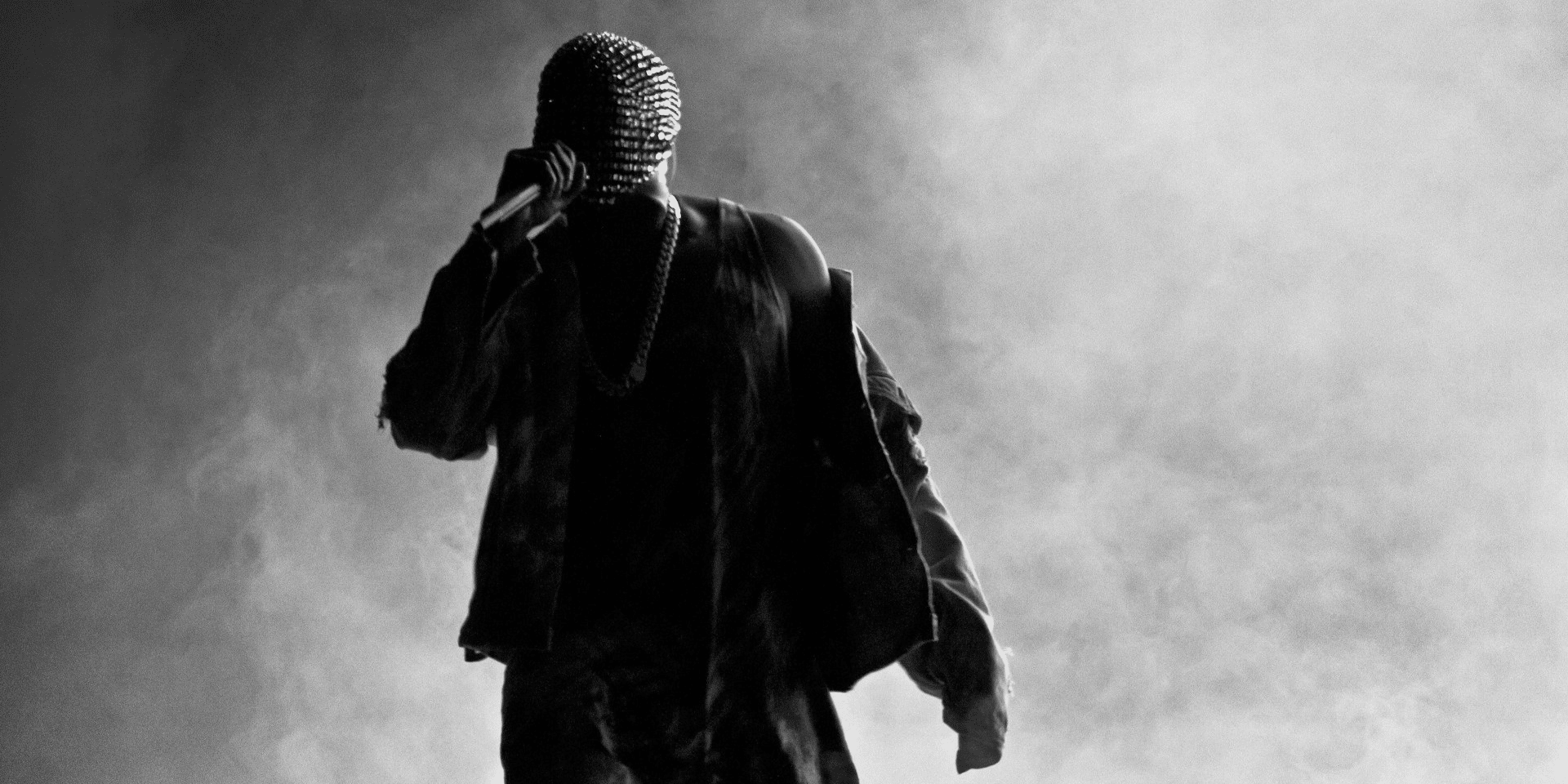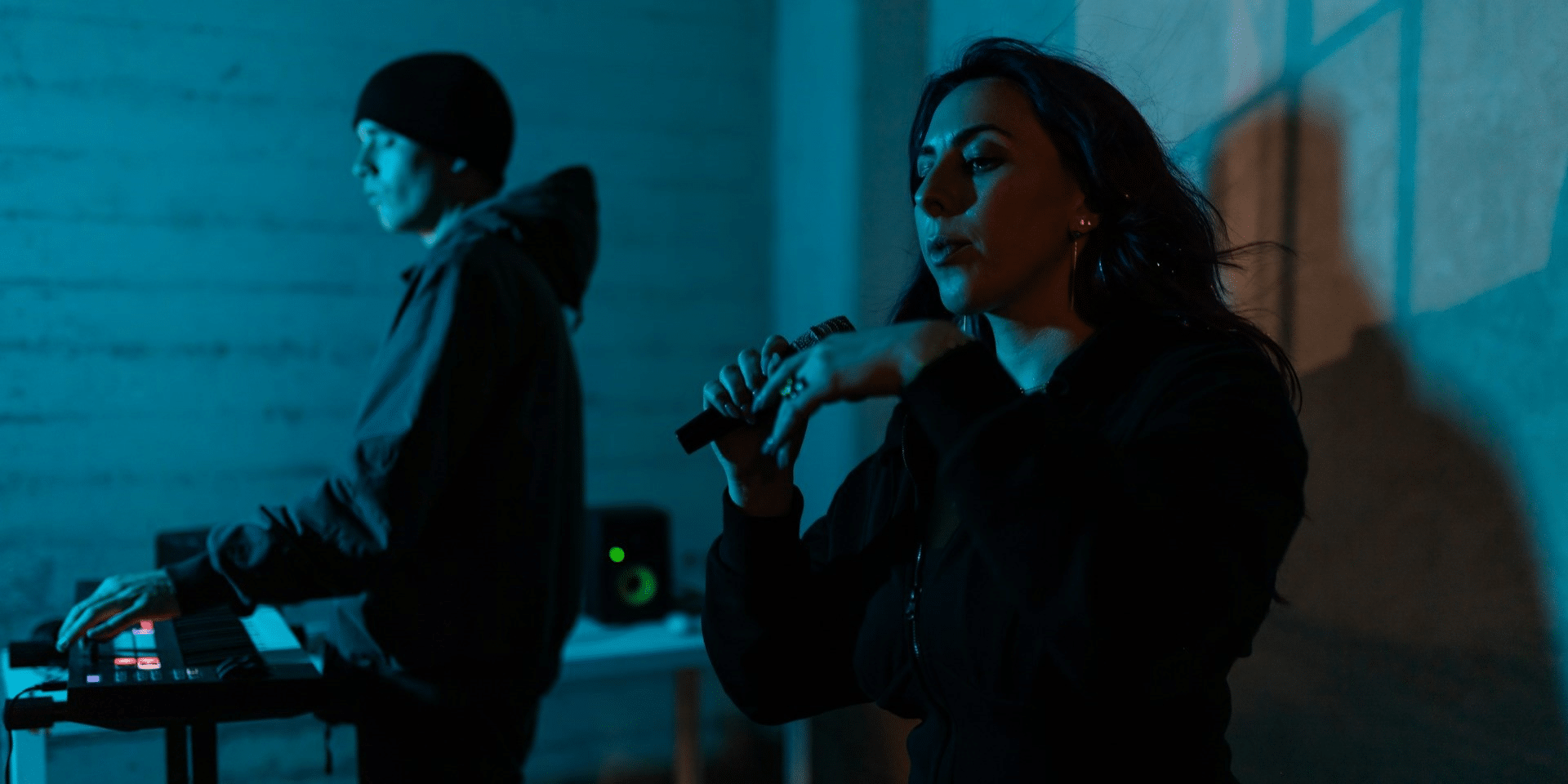In the realm of cinema, few roles challenge and transform an actor as profoundly as those rooted in the raw realities of human frailty. For Brazilian actor Thomas Augusto, his latest venture into the world of acting has been nothing short of a revelation. In the gripping short film “The Call,” Augusto embodies Levi, a husband ensnared in the throes of drug and alcohol addiction, struggling to navigate the tumultuous waters of his personal life and relationship.
Directed by Damon Clindinin, “The Call” marks a significant milestone in Augusto’s career – it is his inaugural collaboration with Clindinin and a role that resonates deeply on a personal level. The character of Levi – with drugs, alcohol, and money scattered across his disheveled apartment – serves as a mirror to some of the darkest chapters in Augusto’s family history. This connection not only drew him closer to Levi but also enriched his portrayal with an authenticity that only personal experience can bestow.
Augusto’s journey into Levi’s psyche was not merely an act; it was an exploration of self and heritage. According to the actor, tapping into Levi’s world was an intimate journey. Every scene, and every written line was reminiscent of struggles painfully familiar to many who can relate. It is this profound identification with Levi that allowed Augusto to deliver a performance that is both heart-wrenching and genuine.
Despite the challenges posed by such an intense role, Augusto found joy and fulfillment in bringing Levi to life. The process was cathartic for him, offering not just an opportunity to confront personal demons but also to grow as an artist. According to Augusto, confronting roles that are alien yet strangely familiar is where true growth as an actor lies. It is about making the unknown known and giving voice to stories untold.
“The Call” is more than just a story about addiction; it’s a narrative about failure, redemption, and the human capacity for resilience. Through Levi’s struggles, viewers are invited into a world where each day is a battle against oneself. Yet, amidst this chaos lies hope – hope that even in our darkest hours there exists the possibility for change.
Augusto’s performance has been lauded for its depth and realism. Critics have noted how he skillfully navigates through Levi’s complex emotional landscape with grace and intensity. This role has undoubtedly marked a turning point in Augusto’s career, showcasing his versatility as an actor capable of tackling challenging roles head-on.
Beyond the screen, Augusto hopes “The Call” will spark conversations around addiction and mental health. He believes storytelling can be a powerful tool for awareness and healing. As someone who has witnessed first-hand the ravages of addiction within his own family circle, this project holds special significance for him.
For insights into Thomas Augusto’s journey on “The Call” or to follow his rising career further visit [linktr.ee/thomasaugusto](https://linktr.ee/thomasaugusto). Here you’ll find direct links to all his updates including behind-the-scenes moments from “The Call,” allowing fans and followers alike to stay connected with one of Brazil’s most promising talents.
As we watch Thomas Augusto navigate through varied landscapes of emotion on screen in “The Call,” we’re reminded of cinema’s unique power to touch lives beyond entertainment – opening doors to empathy and understanding across diverging paths of human experience. Through Augusto’s eyes we see not just Levi but also glimpses into countless untold stories waiting at society’s margins begging for attention.
Augusto concludes reflecting on his journey thus far with gratitude towards roles like Levi that push boundaries – both personal and professional – fostering growth while illuminating shadows often left unexplored within ourselves or society at large.
In portraying characters like Levi who are embroiled in battles against their own shadows while seeking light amid darkness, Thomas Augusto not only cements himself as an actor of substance but also leverages cinema as a medium for meaningful discourse — proving once again why storytelling remains humanity’s most potent form of connecting hearts across unseen divides.
Published by: Khy Talara








